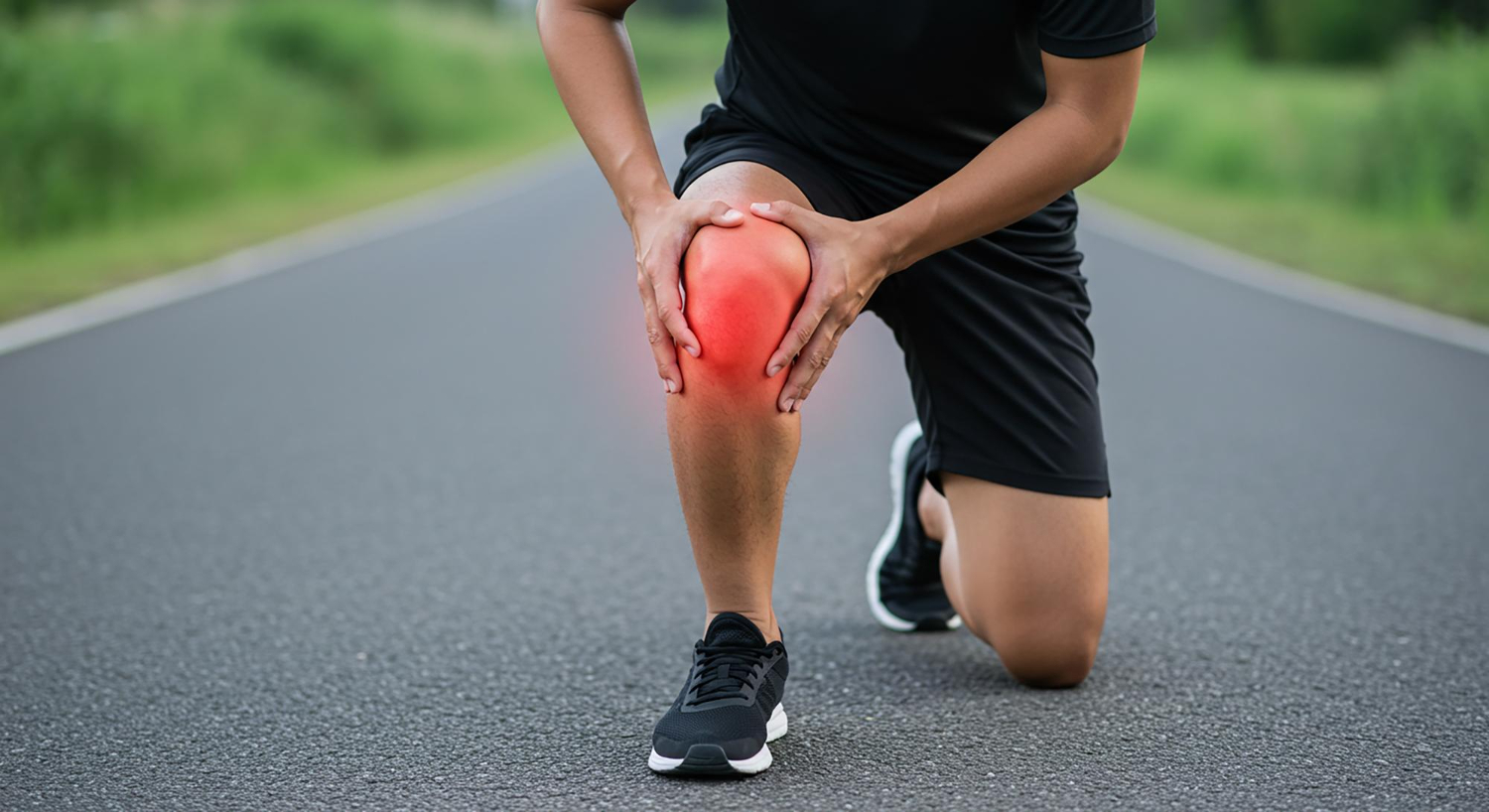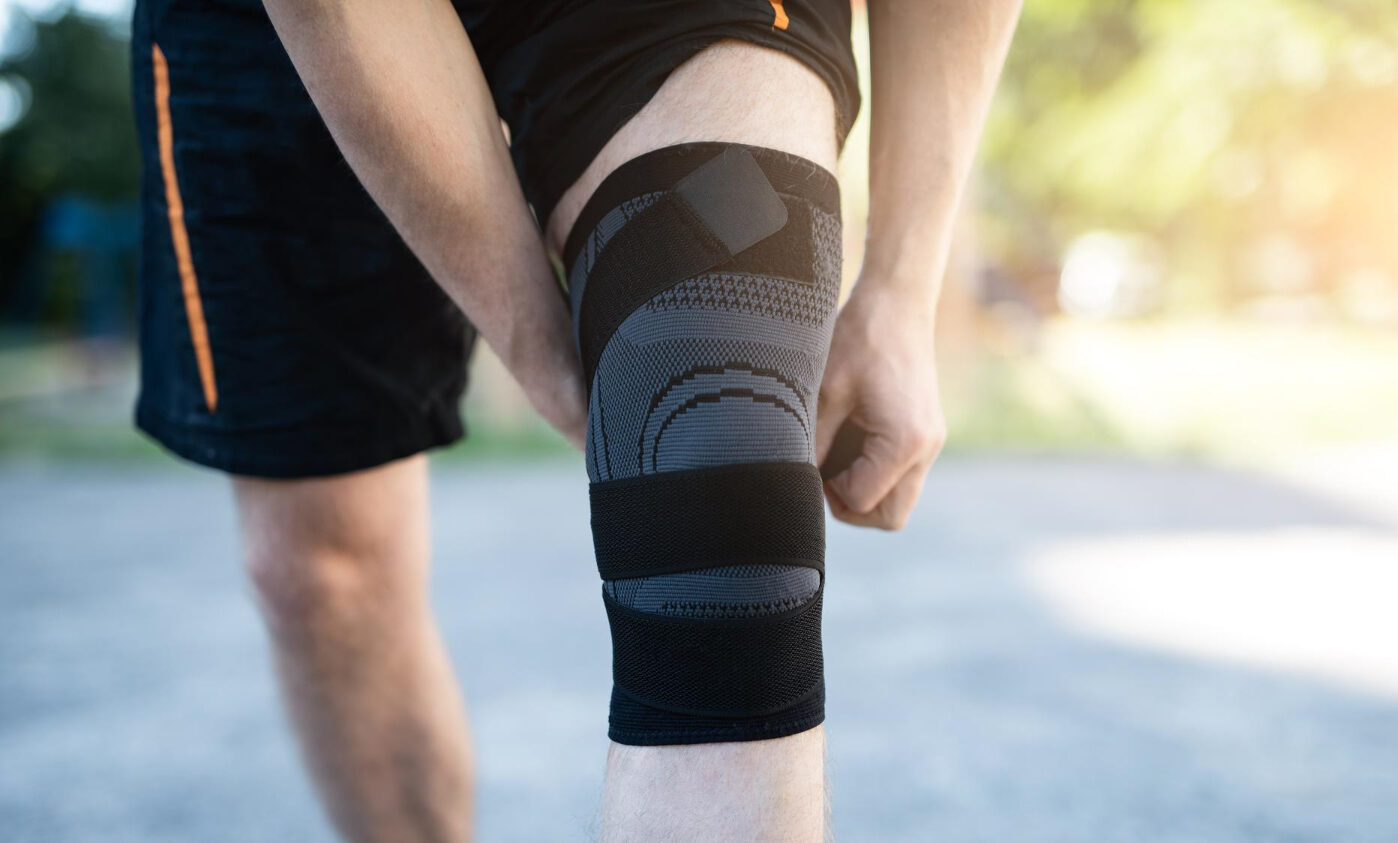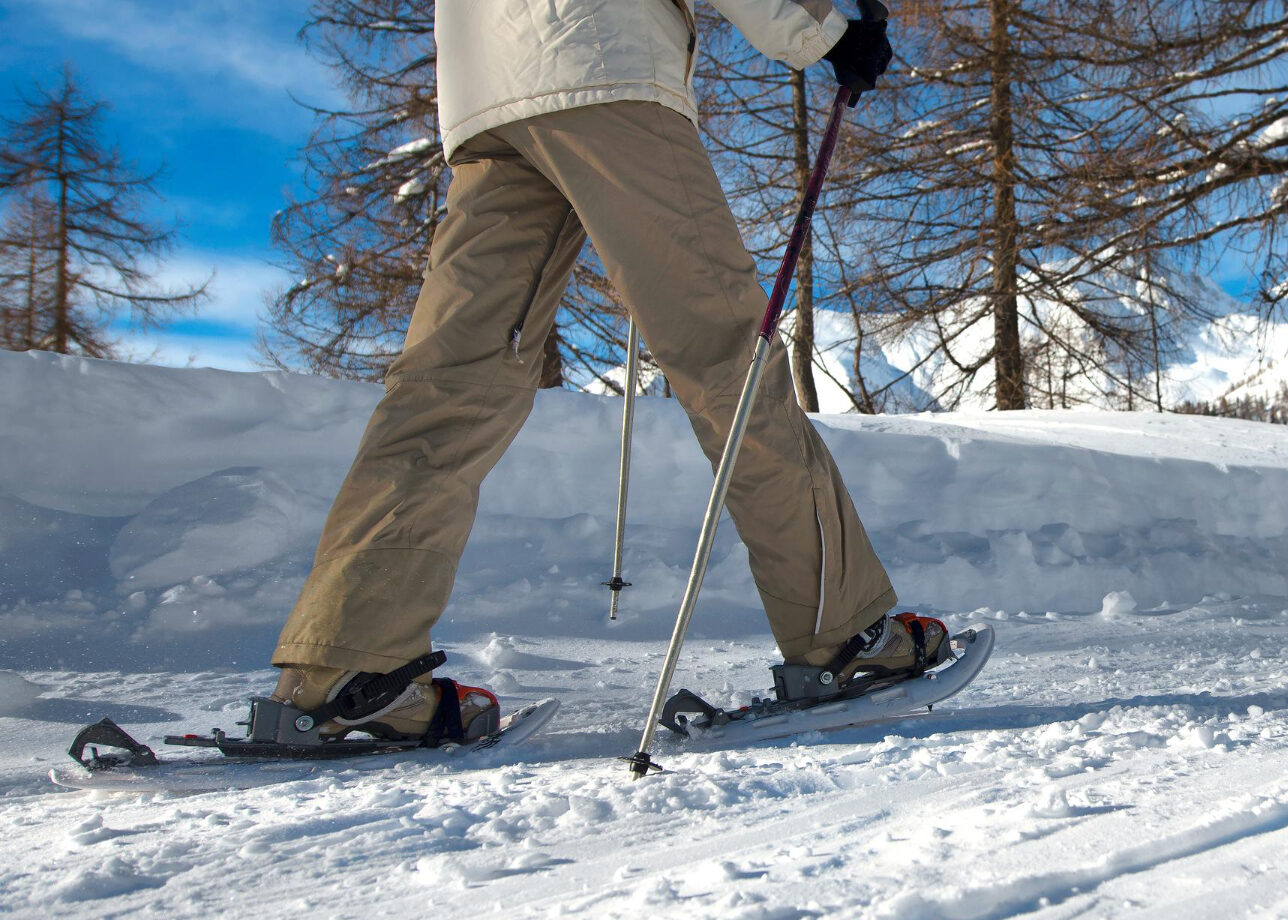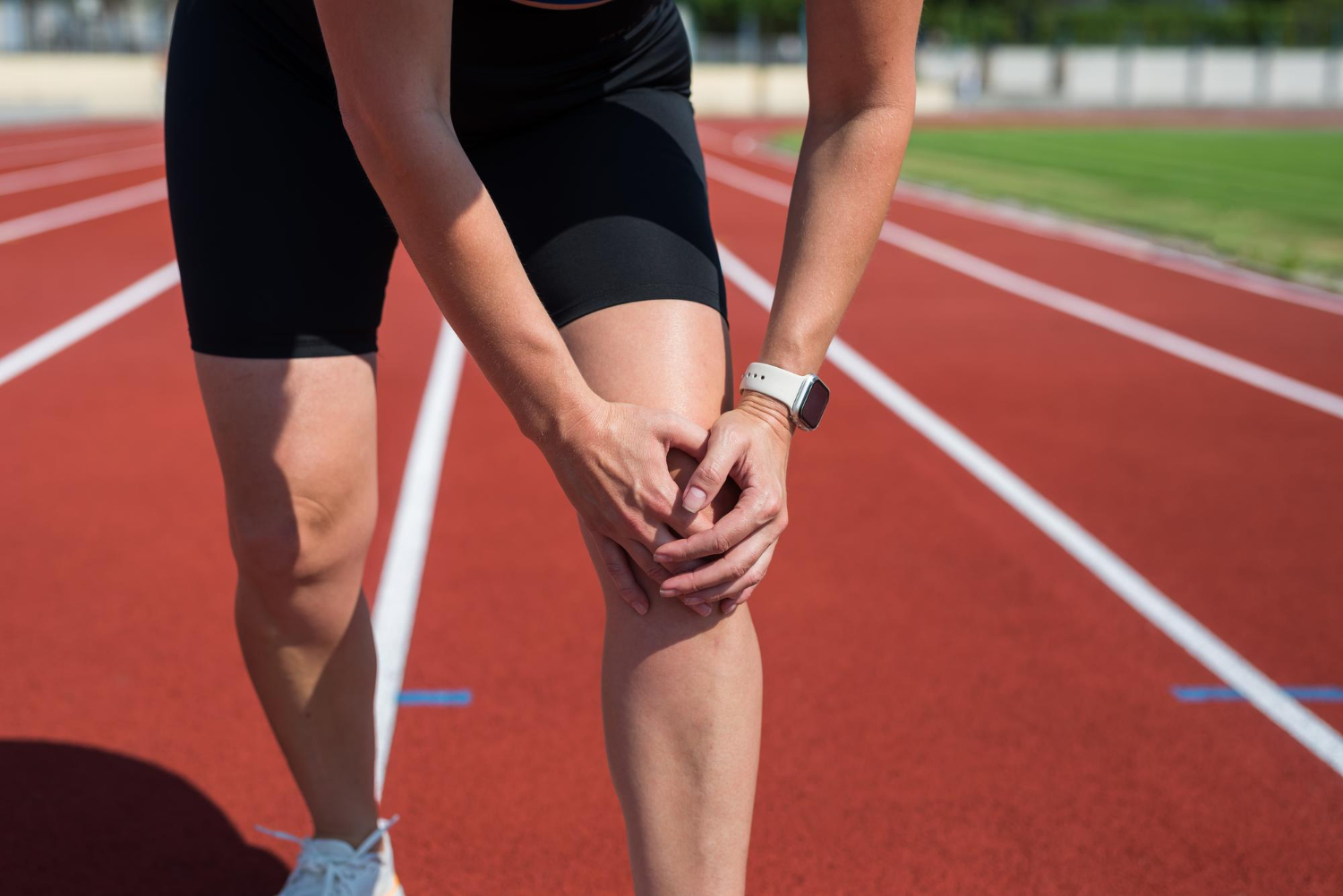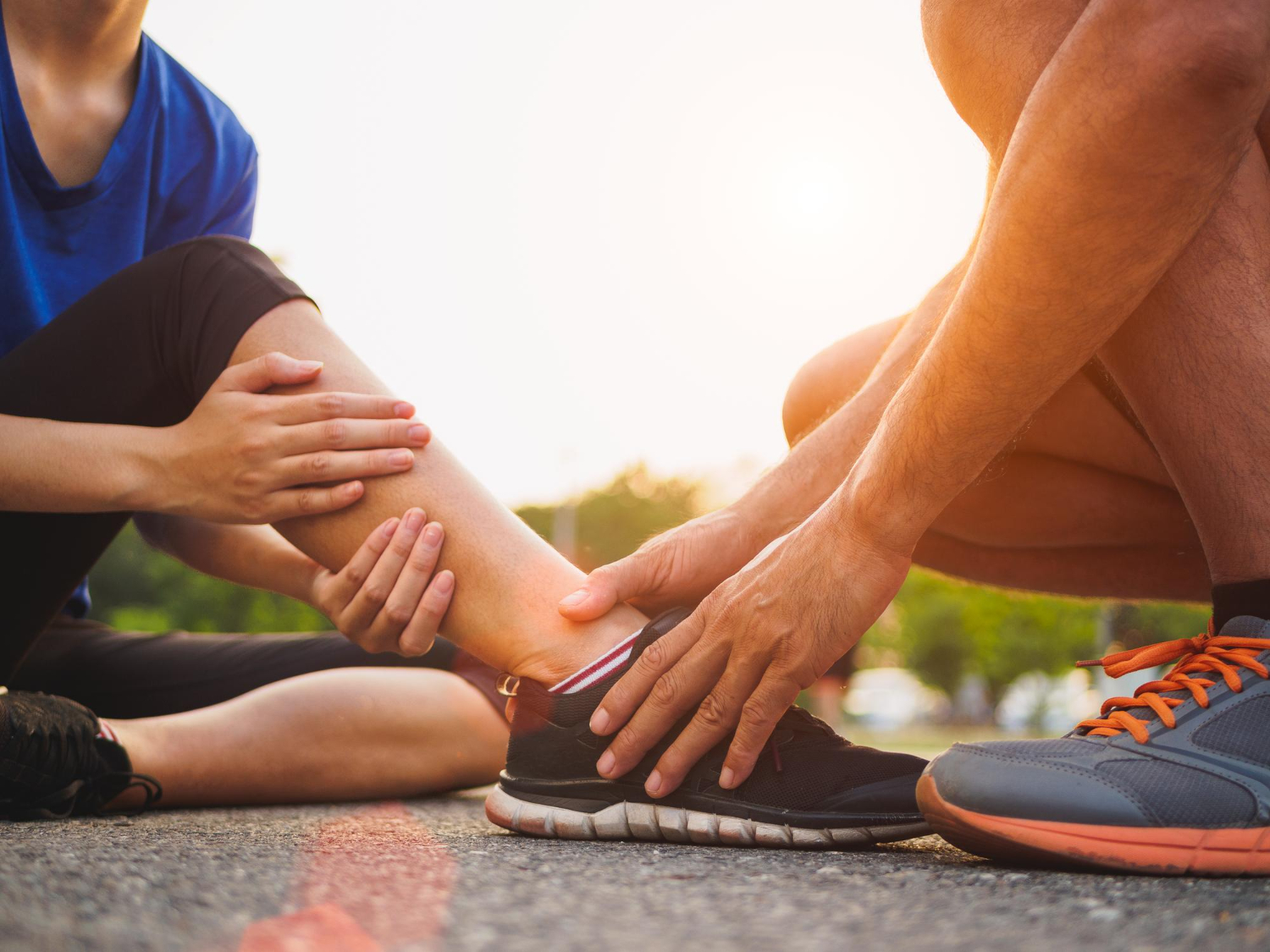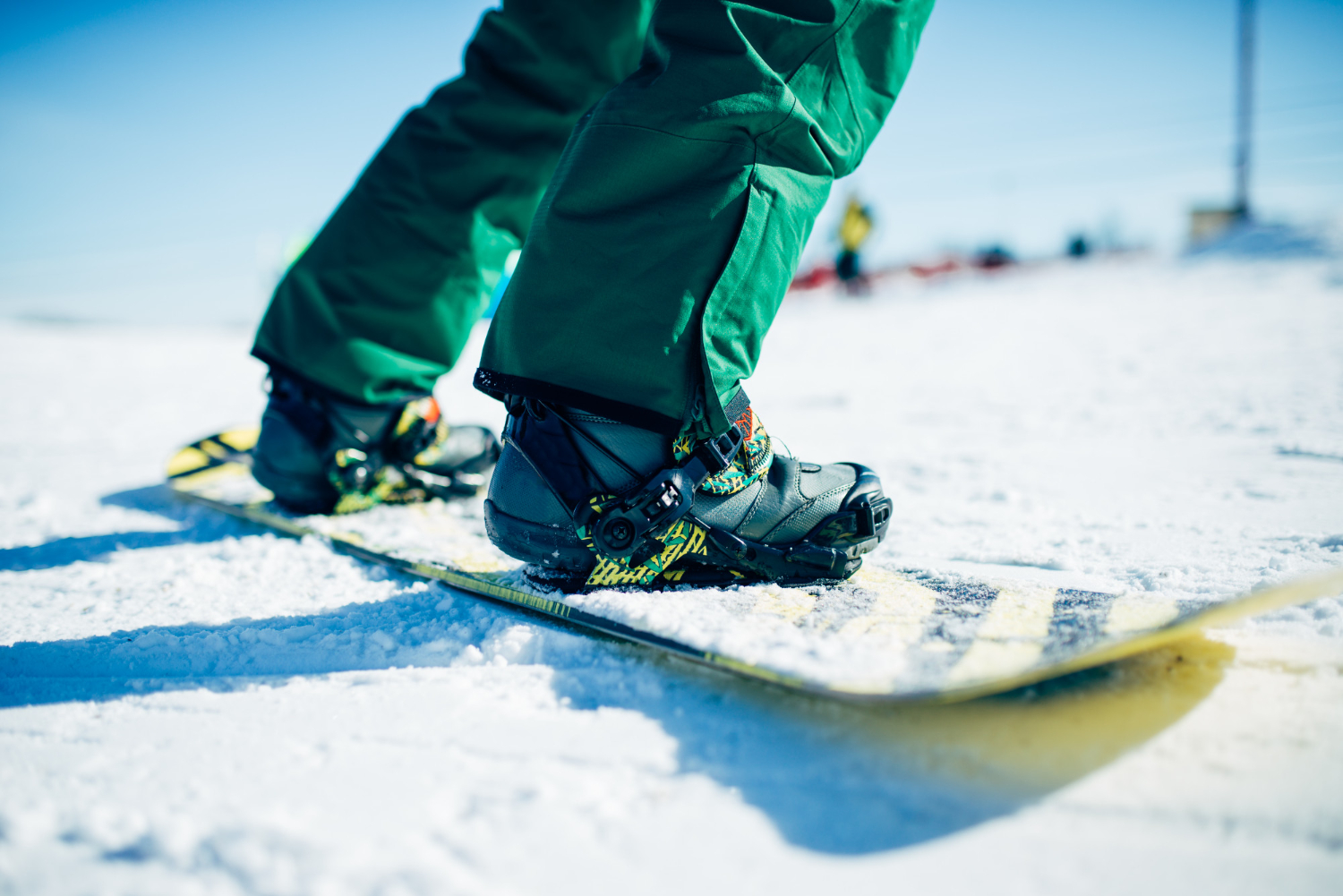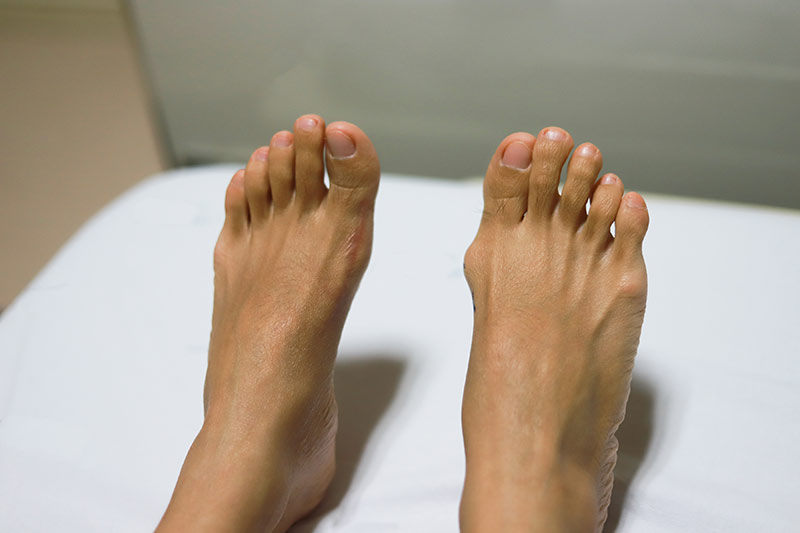The Secret to Longevity in the Pool? It’s Not Just Training Hard.
With the World Aquatics Championships 2025 making waves in Singapore this July and August, many competitive and recreational swimmers are stepping up their training. But whether you’re pushing for a podium finish or simply working on your personal best, one thing remains the same: recovery is just as important as performance.
At The Orthopaedic Practice and Surgery (TOPS), we often see athletes who focus solely on technique and stamina, but neglect the habits that protect their joints, muscles, and tendons. Over time, that imbalance can lead to fatigue, inflammation, and injuries that sideline even the most dedicated swimmer.
So what should you not overlook? Let’s dive in.
1. Hydration: Your First Line of Defense
It may seem ironic, how could you get dehydrated when you’re surrounded by water? But dehydration is surprisingly common in aquatic athletes. Long training sessions, hot pool environments, and even open water races can cause fluid loss that affects your joints, energy levels, and focus.
Why it matters:
- Dehydrated joints are less cushioned, increasing risk of inflammation or irritation.
- Muscles cramp more easily when fluid and electrolyte levels drop.
- Even mild dehydration can impair coordination and reaction time.
TOP TIP:
Drink before, during, and after your session, even if you’re not sweating visibly. Look for signs like dry lips, dizziness, or darker urine as early warnings. A good rule of thumb: 200–300ml of water every 20 minutes of activity.
2. Rest and Sleep: Where Recovery Happens
Pushing hard every day might feel productive, but it’s during rest and sleep that your body actually rebuilds. That includes healing microscopic muscle tears, restoring energy stores, and allowing your ligaments and tendons to recover from repetitive movements.
Why it matters:
- Chronic sleep deprivation can delay healing and increase the risk of overuse injuries.
- Inadequate rest between swim sessions reduces strength gains and performance.
TOP TIP:
Aim for 7–9 hours of quality sleep a night. If you’re doing two-a-day sessions, don’t skip naps or active rest days. These are part of training, not a break from it.
3. Stretching and Mobility Work: Support for Stiff Joints
Aquatic athletes rely heavily on flexibility, especially in the shoulders, hips, and ankles. Without regular mobility training, tight muscles and restricted joints can place stress on surrounding tissues, eventually leading to injury.
Why it matters:
- Shoulder stiffness can cause impingement or “swimmer’s shoulder.”
- Limited ankle mobility affects streamline and kick technique.
- Hip tightness often contributes to low back pain in divers and artistic swimmers.
TOP TIP:
Incorporate dynamic stretches before your swim (like arm swings and leg circles) and static stretches after. Don’t forget about foam rolling or mobility drills with resistance bands.
4. Anti-Inflammatory Habits: Reducing Wear and Tear
You don’t need to wait until you’re in pain to manage inflammation. Daily low-impact recovery strategies can reduce chronic swelling and joint discomfort, even if you’re training at high intensity.
Why it matters:
- Repeated stress on joints without downtime can lead to tendonitis, bursitis, or joint degeneration.
- Managing inflammation helps prolong your athletic lifespan, whether you’re 25 or 55.
TOP TIP:
Try a mix of:
- Cold showers or contrast baths
- Anti-inflammatory foods like berries, leafy greens, fatty fish, and turmeric
- Compression wear after long sessions
- Scheduled rest days or easy active recovery like walking or yoga
When to Seek Expert Help
Even with all the right habits, injuries can still happen, especially during periods of heavy training, like the lead-up to a major event such as Singapore 2025.
Seek orthopaedic advice at TOPS if you’re experiencing:
- Persistent shoulder or knee pain
- Swelling or clicking in joints
- Reduced mobility or tightness that doesn’t resolve
- Numbness or tingling after sessions
Early diagnosis and tailored care, from imaging to rehab and minimally invasive procedures, can get you back to the pool stronger than before.
Stay Fit, Stay Fluid
The water may feel weightless, but it doesn’t mean your body isn’t working hard. Swimmers and aquatic athletes demand exceptional joint function, flexibility, and stamina. Support your efforts with hydration, smart recovery and guidance when needed.
At TOPS, our team of orthopaedic specialists, Dr Bernard Lau, Dr Eileen Tay, and Dr Lim Chin Tat, is here to help you move pain-free and perform at your best.
Book a Consultation Today
Training hard but feeling stiff, sore, or unsure about a nagging issue? Don’t wait until it worsens.
Visit us at HMI, Mount Elizabeth, Novena, or Gleneagles
WhatsApp us at +65 8218 5638 or Book Online.


